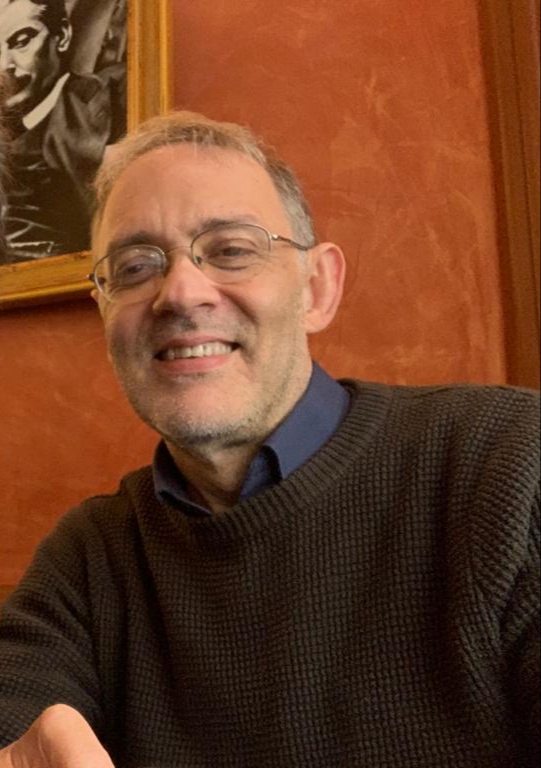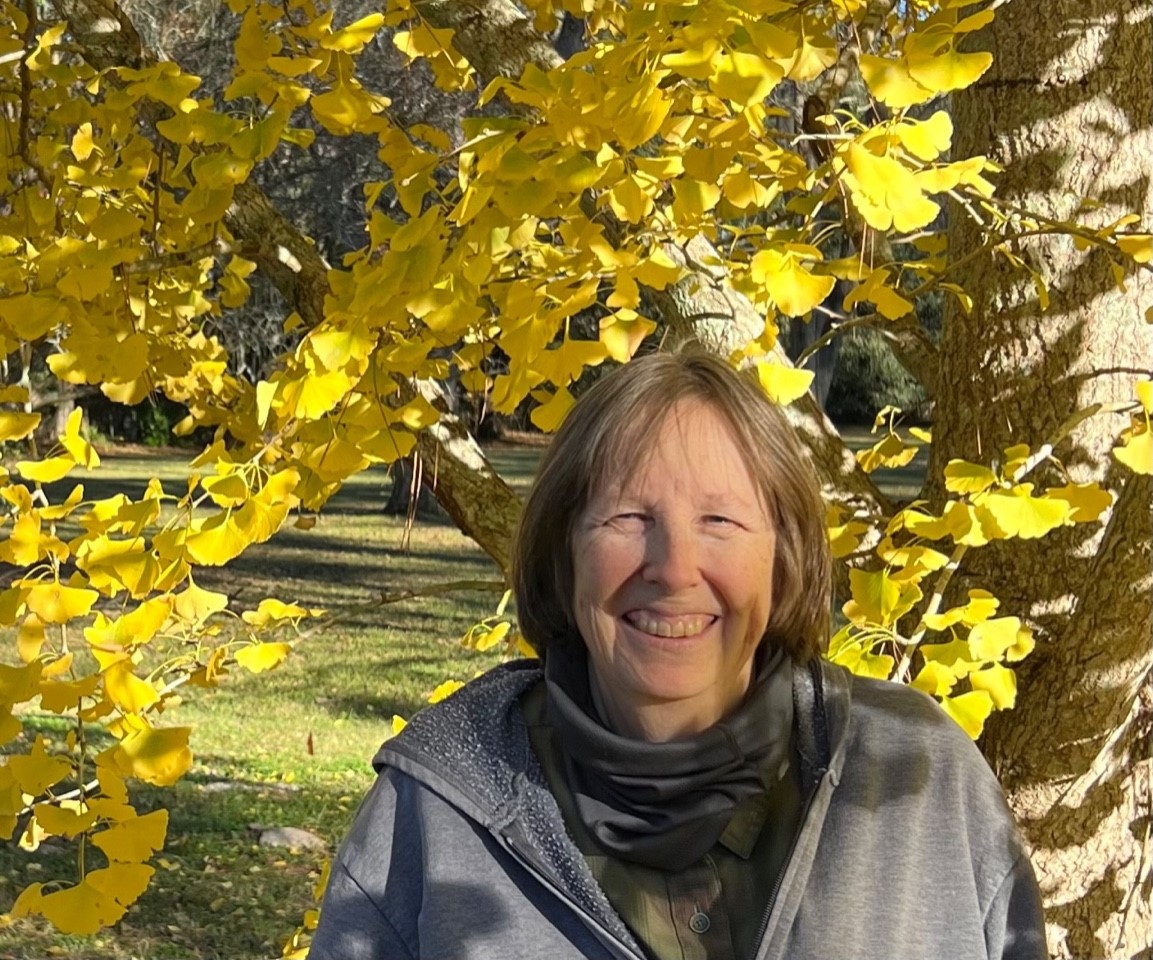A reading in the afternoon
Science Museum of Virginia , Room: RF& P Forum
2500 West Broad Street
Richmond, Virginia
Coordinated by Sarah Glaz, Emeritus Professor of Mathematics at the University of Connecticut and poet, the Bridges poetry readings feature poetry with strong links to mathematics, a great variety
of topics, and a wide range of poetic styles. This year's poetry reading offers the work of a diverse and exciting group of poets. The program will begin with twelve prominent poets reading selections
from their work, followed by an Open Mic and Shorter Readings period in which Bridges 2024 participants will read their own mathematical poems. The poetry reading is part of the Bridges 2024
conference's Family Day, which is free and open to the public. Details about the venue and the program will be posted here as we get closer to the conference's date. The Bridges 2024 Poetry Reading
website offers along with biographical information, links to sample poems by the participating poets. Information about past Bridges Poetry Readings, Bridges Poetry Anthologies, and related poetry
publications by the Bridges poets appears on the Bridges organization site at: Mathematical Poetry at Bridges.
I am happy to share with you the lovely Bridges 2024 Cento: Observe, Think, Know! composed by JoAnne Growney,
consisting of a line of poetry from each of the sample poems of the participating poets known to date.
How harmoniously our voices blend together! Thank you, JoAnne!
About the Coordinator and the Invited Poets
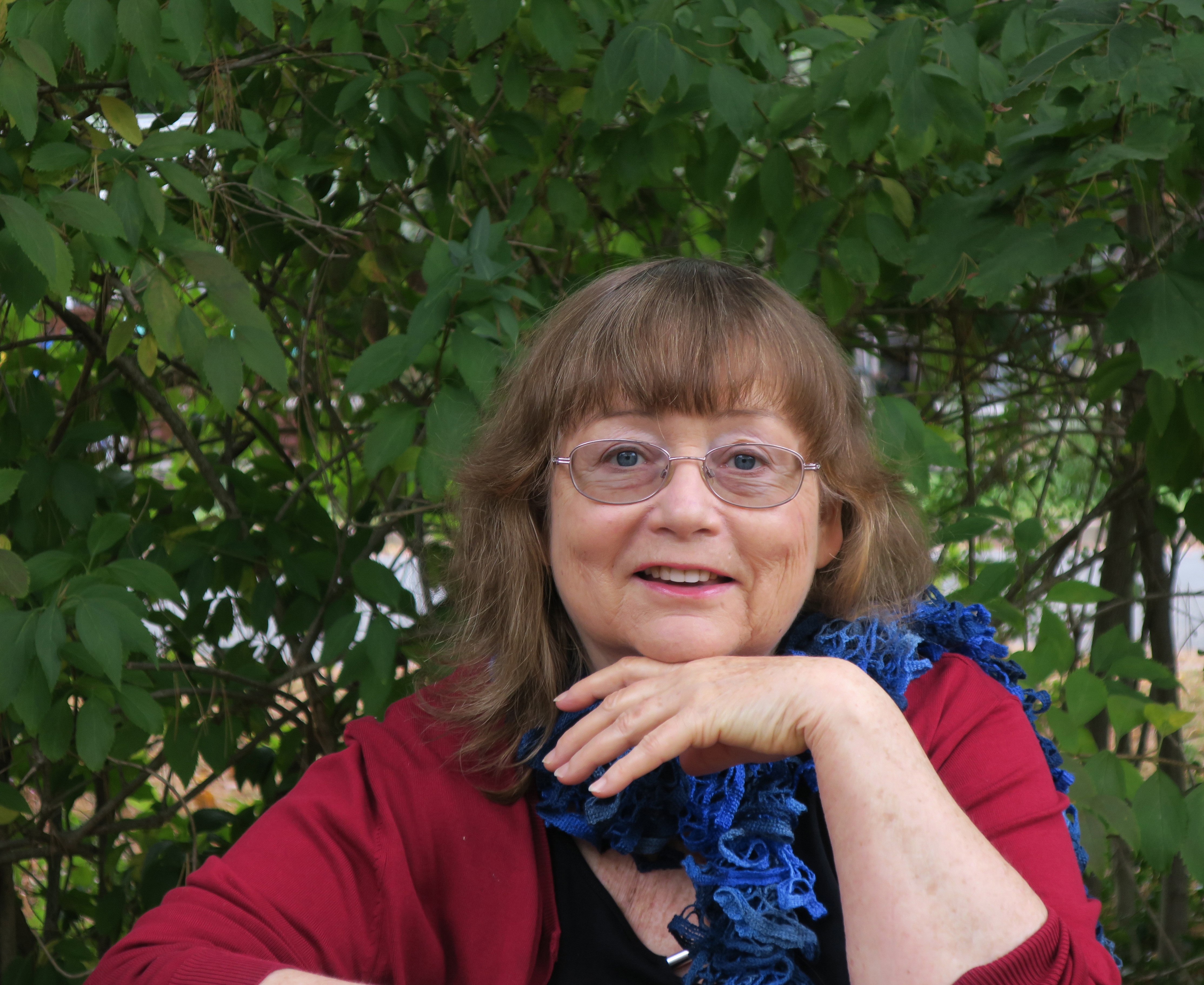
Sample poem: I am a pentagon |
|
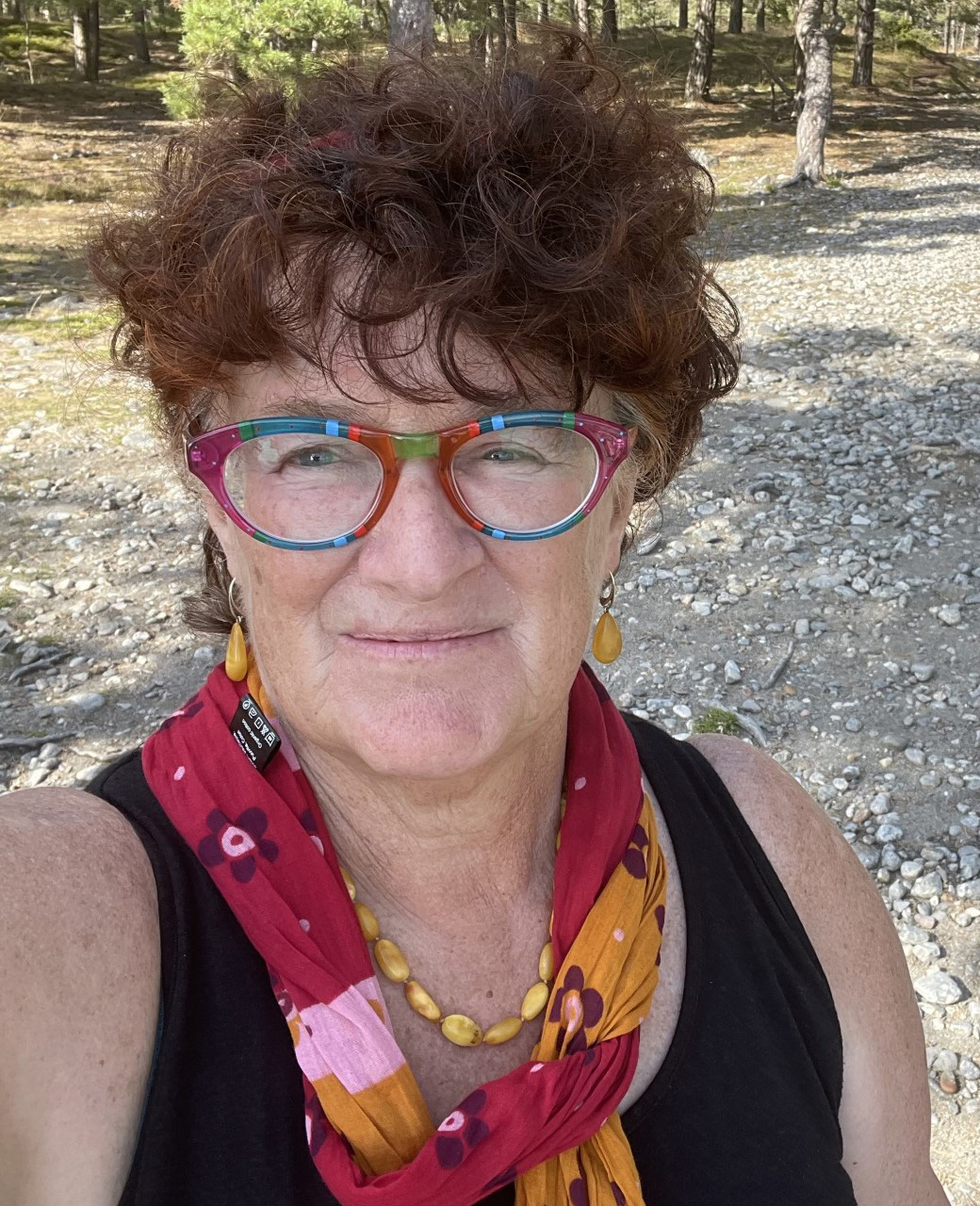
Susan Gerofsky is
an Associate Professor of Mathematics Education and
Environmental Education at the University of British
Columbia, Vancouver, BC, Canada. Her interdisciplinary
research is in embodied, multisensory, multimodal
mathematics education through the arts, movement,
gesture and voice. She works in curriculum studies,
environmental garden-based education, the language and
genres of mathematics education, and media theory.
Dr. Gerofsky is academic advisor and
co-founder of the UBC Orchard Garden, a student-led
campus learning garden. She is active as a poet,
playwright, musician and filmmaker, and also works
with dance and fiber arts. You'll often find her
cycling around town with a baritone horn or an
accordion. Susan
contributed to the award-winning book, Poetic
Inquiry: Enchantment of Place (Vernon Press, 2017) and has a verse
play, Kepler:
A Renaissance Folk Play, published in The
Mathematical Intelligencer (2018).
Sample poem: Glided, gilded and Barely, bleary |
Sample poem: Infinity
is not a number
|
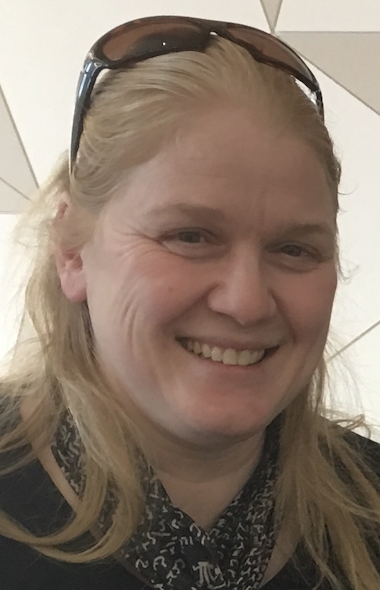
Gizem
Karaali is a Professor of Mathematics at
Pomona College. She earned a Ph.D. from University of
California, Berkeley, in 2004.
Her mathematical research lies in the
areas of representation theory, super quantum
groups, and algebraic combinatorics. Her scholarly
interests include humanistic mathematics, quantitative
literacy, and social justice implications of
mathematics and mathematics education. Gizem is a
founding editor of the Journal of Humanistic
Mathematics and a senior editor of Numeracy.
She has organized panels, paper sessions, and
poetry readings, and presented invited addresses
to diverse audiences. She received a National Security
Agency Young Investigator Award (2011 - 2013), served
as chair of SIGMAA-QL (2017 - 2020), and is a
Sepia Dot (2006 Project NExT fellow). Gizem enjoys
traveling, reading and writing, and hanging
out with friends and family. Website: http://pages.pomona.edu/~gk014747/
Sample poem:
A
mother's math is never done
|
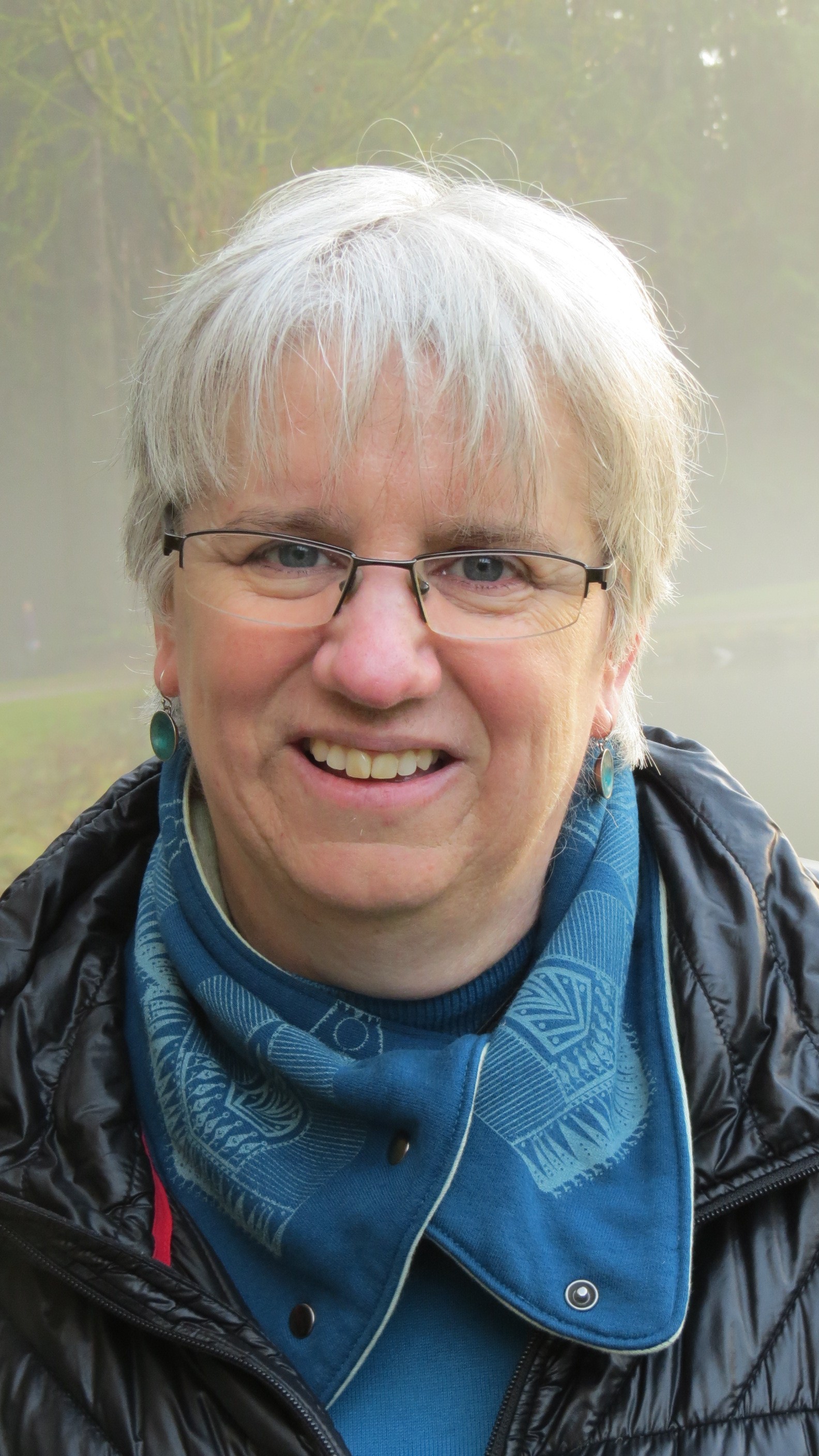
|
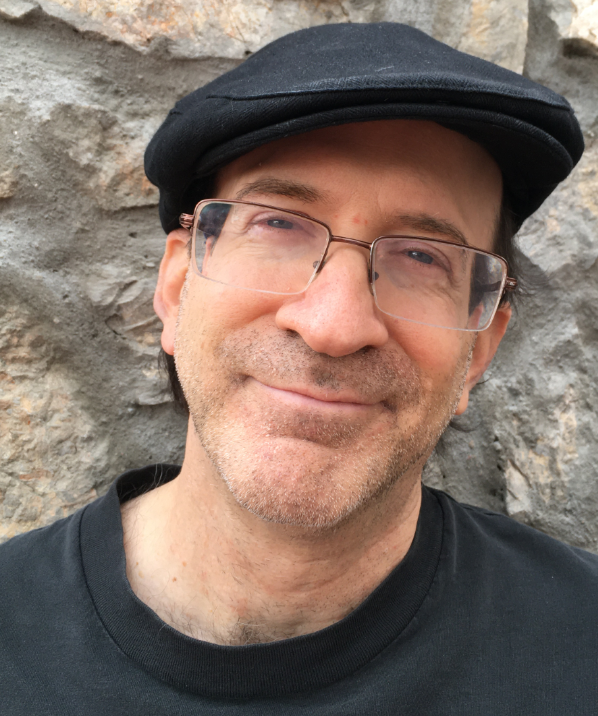
Lawrence (Larry) Lesser is a UTEP
Distinguished Teaching Professor at The University
of Texas at El Paso. He has co-organized JMM
mathematical poetry evenings, judged AMS student
poetry contests, and his mathematical poems have
appeared in venues such as The Mathematical
Intelligencer, Journal of Humanistic
Mathematics, Amstat News, Journal
of the Association of Mexican American Educators,
Talking Writing, Teaching for Excellence
and Equity in Mathematics, Bridges
anthologies, blogs, CAUSEweb.org, GAS video zine,
Relatively Prime podcast, gallery exhibits, NPR
radio, and a National Endowment for the Arts 'Big
Read' event. He gave an invited poetry talk for the
National Museum of Mathematics and his STEM poems
have won prizes in 4 national organizations'
contests. He also has awards for his STEM,
Jewish, and secular songwriting. His STEM
poems and STEM poetry papers are at his website.
Sample poem: E(X) |
Marco Lucchesi, Professor of
Comparative Literature at the Federal University of Rio
de Janeiro, is a Brazilian poet, novelist, essayist
and translator. Elected to the Brazilian Academy of
Letters in 2011, Marco served as its president from
2018 to 2021. He is former editor-in-chief of the
journal, Revista Brasileira, and the poetry
magazine, Poesia Sempre, and the current
president of the National Library of Brazil. His
publications include over twenty-five award winning
books and works of translation, among others Novos
Poemas Reunidos [New Collected Poems], Hinos
Matematicos [Mathematical Hymns], and translations
of Rumi, Khlebnikov, and Rilke. His work has been widely
anthologized and translated into more than ten
languages. His literary honors include the Jabuti Prize,
the Romanian Latin Prize, the Ministry of Italian
Culture Prize, and Alceu Amoroso Lima, a lifetime
achievement award in poetry. Sample poem:
Nascita
di Venere |
|
|
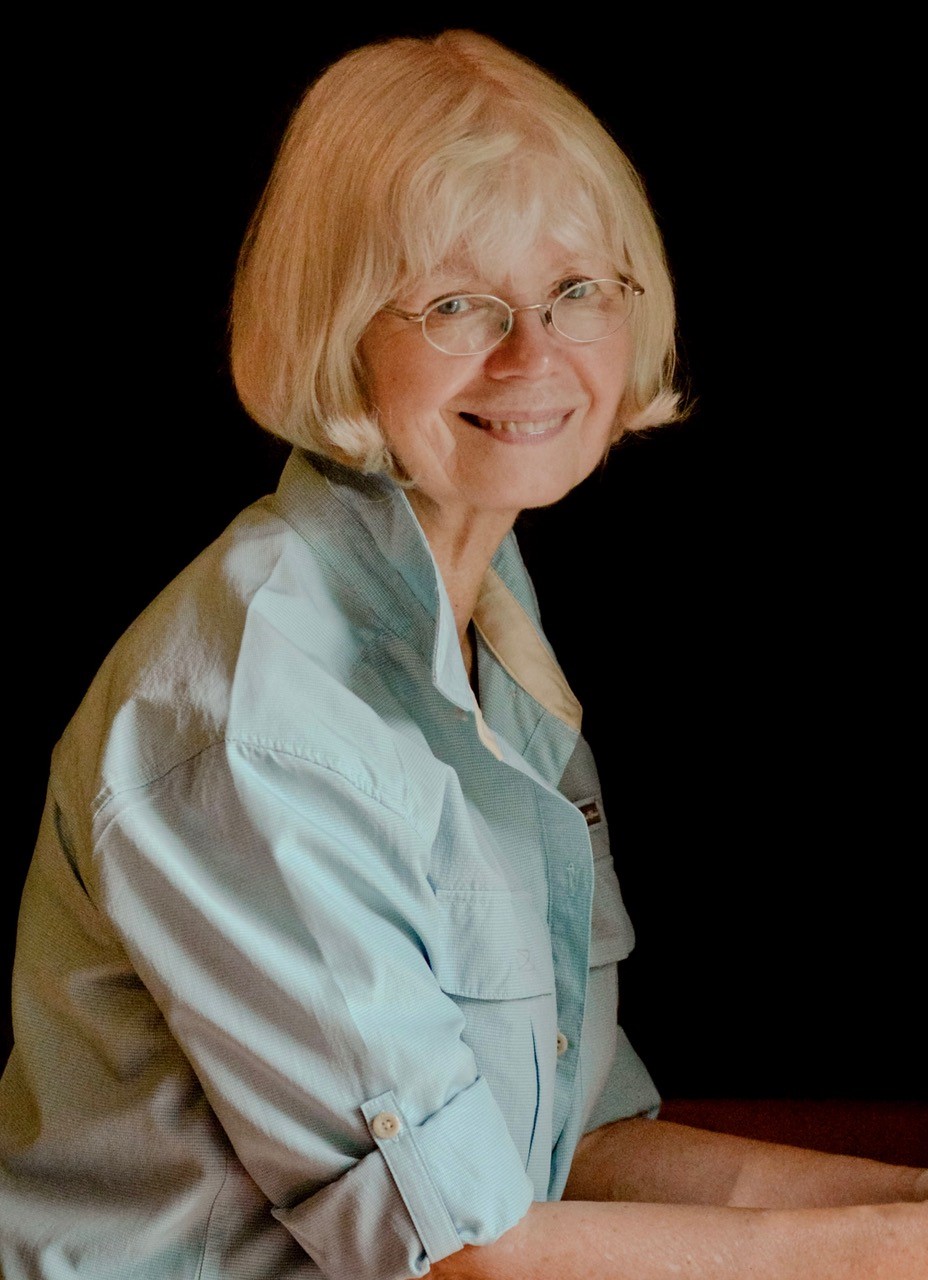
Alice Major's twelveth collection of poetry is Knife on Snow (Turnstone Press, 2023). Along with poetry, she is also an essayist, and her book, Intersecting Sets: A Poet Looks at Science, has been awarded the Wilfrid Eggleston Award for non-fiction. Her interest in mathematics began at the age of twelve, when she was introduced to non-Euclidean geometry in one of Martin Gardner's books. Ever since, like Percy Bysshe Shelley, she turns to math and science "to replenish my store of metaphor." Among her other writing awards are the 2017 Lieutenant-Governor of Alberta Distinguished Artist Award and an honorary doctorate from the University of Alberta. She has been president of the League of Canadian Poets, first poet laureate for her home city of Edmonton (Canada), and is the founder of the Edmonton Poetry Festival.
Website: https://www.alicemajor.com
|

Website: http://mathematicalpoetry.blogspot.com/ Sample poem: Hwadu
|
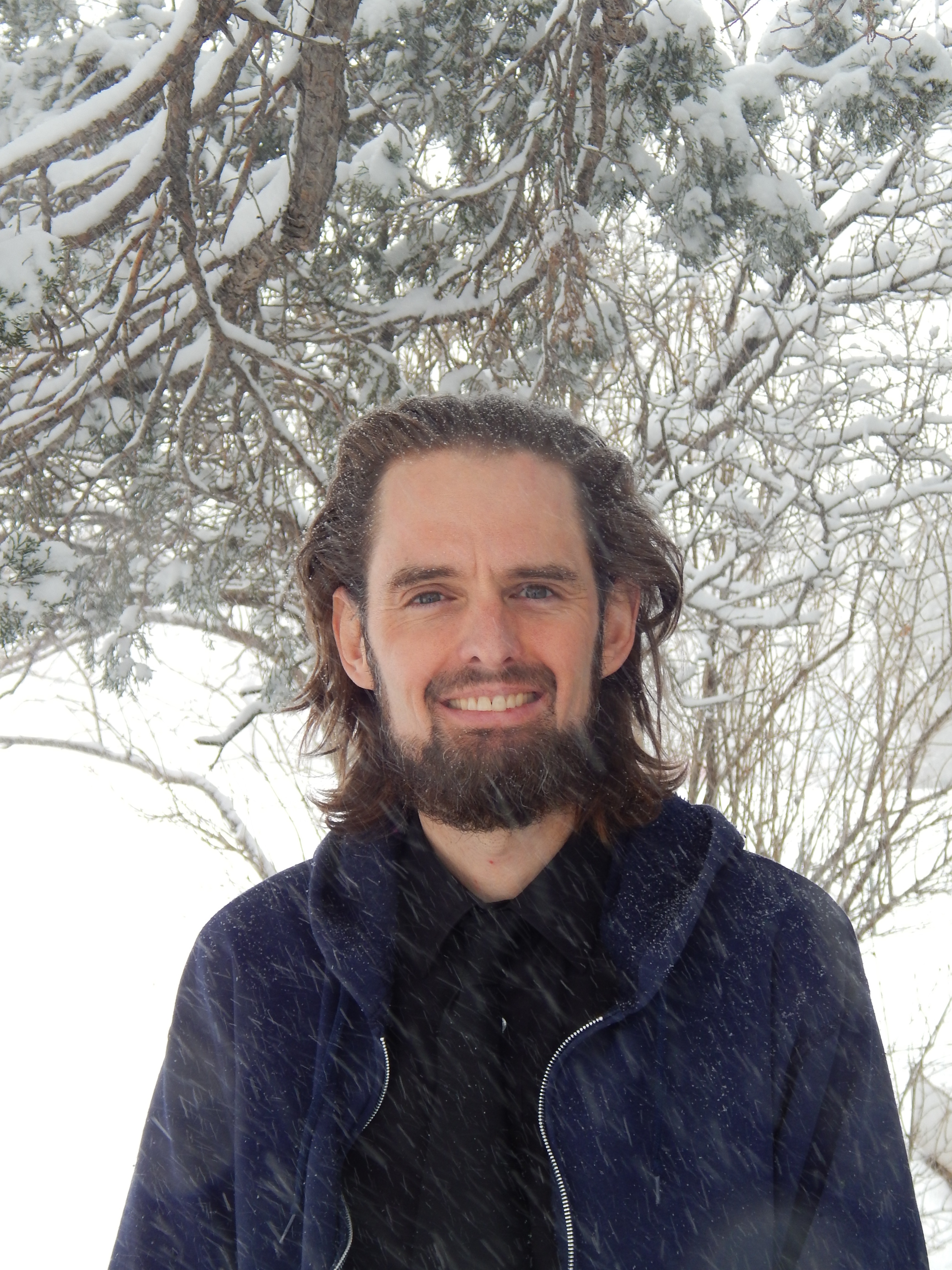
Website: https://talkingwriting.com/daniel-may-poem
|
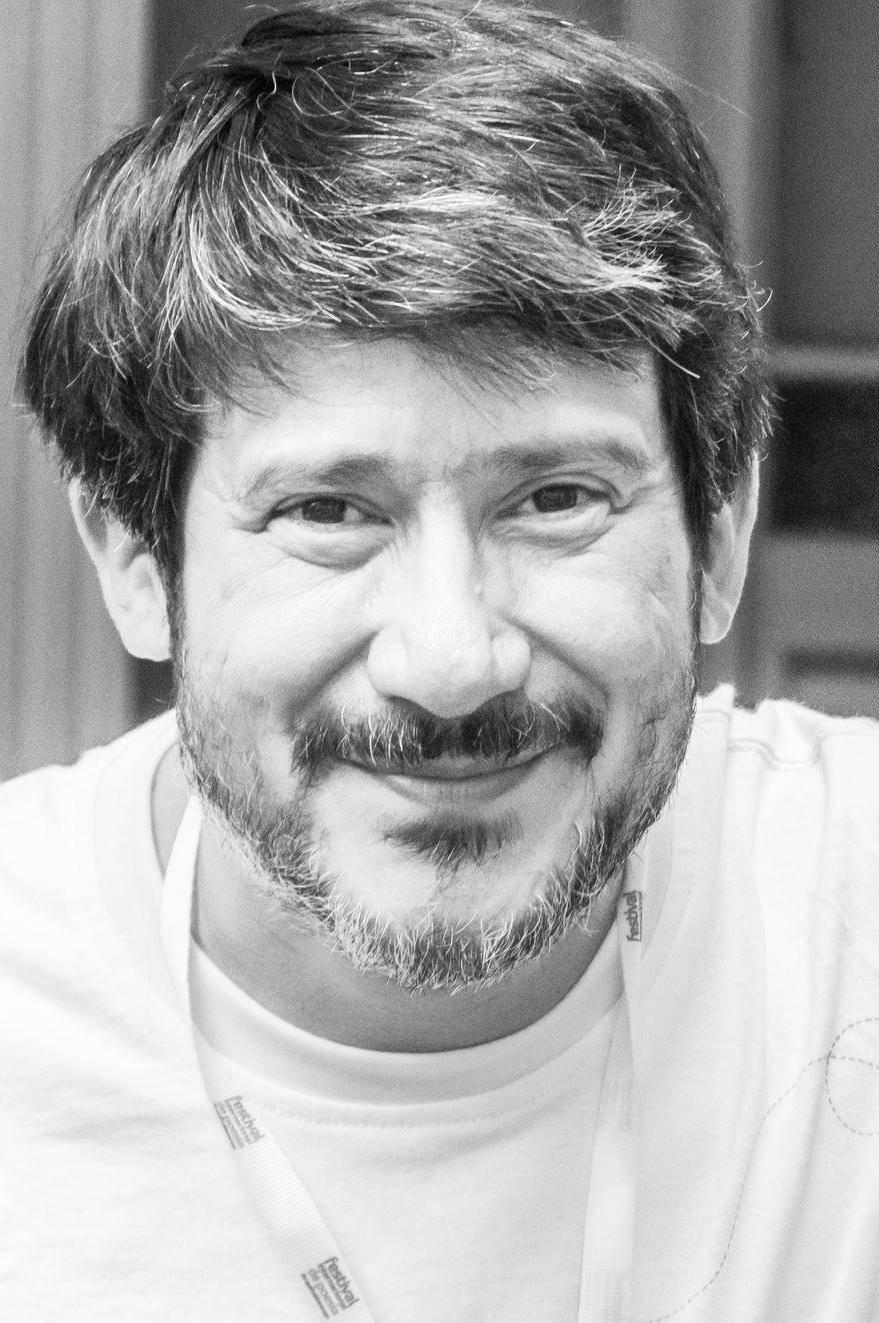
The winner of the 2021 Juana
Goergen Poetry Prize for his poem Sueno de
la cercania, Pedro Poitevin has published six
books, among them Letras Griegas (Praxis,
2022), Icaro hace piruetas en las nubes (Urania,
2023), and Nowhere at Home (Penteract
Press, 2023). The author of more than ten million
palindromic sonnets, a sonnetina, the shortest
decima, the shortest pangram, and a number of
enciphered sonnets, and widely known as a leading
contemporary experimental poet in the Spanish
language, Poitevin occasionally writes in English as
well. Among his most noteworthy experiments is his
poem A Doomsday Prayer for the Polluting Ape,
which can be said to be the longest sonnet in the
world. A logician and functional analyst by
training, he is Associate Professor of mathematics
at Salem State University.
Website: https://pedropoitevin.com |
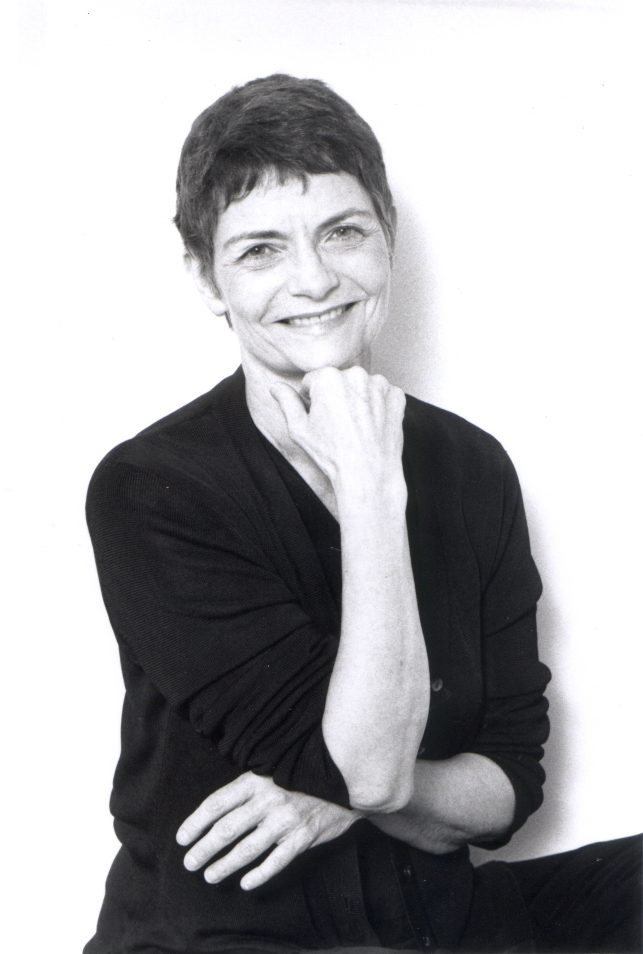
Stephanie Strickland's ten books of
poetry include How the Universe Is Made: Poems
New & Selected (2019) and Ringing
the Changes (2020), a code-generated
project for print based on the ancient art of tower
bell-ringing. Others are True North, Dragon
Logic, and The Red Virgin: A Poem
of Simone Weil. Her twelve collaborative
works of digital literature include Liberty
Ring!; slippingglimpse, which maps text
to Atlantic wave patterns; House of Trust, an
homage to free public libraries; and Ours/Hours
of the Night, an MP4 PowerPoint poem
probing age and sleep. Strickland's digital poems have
been featured at the Library of Congress and
Bibliotheque Nationale de France. Her work across
print and multiple media is being collected by Duke
University. In 2023 she was awarded the Lifetime
Career Achievement Award by the Electronic Literature
Organization.
Website: https://en.wikipedia.org/wiki/Stephanie_Strickland |
Open Microphone, Shorter Readings, and Late Additions
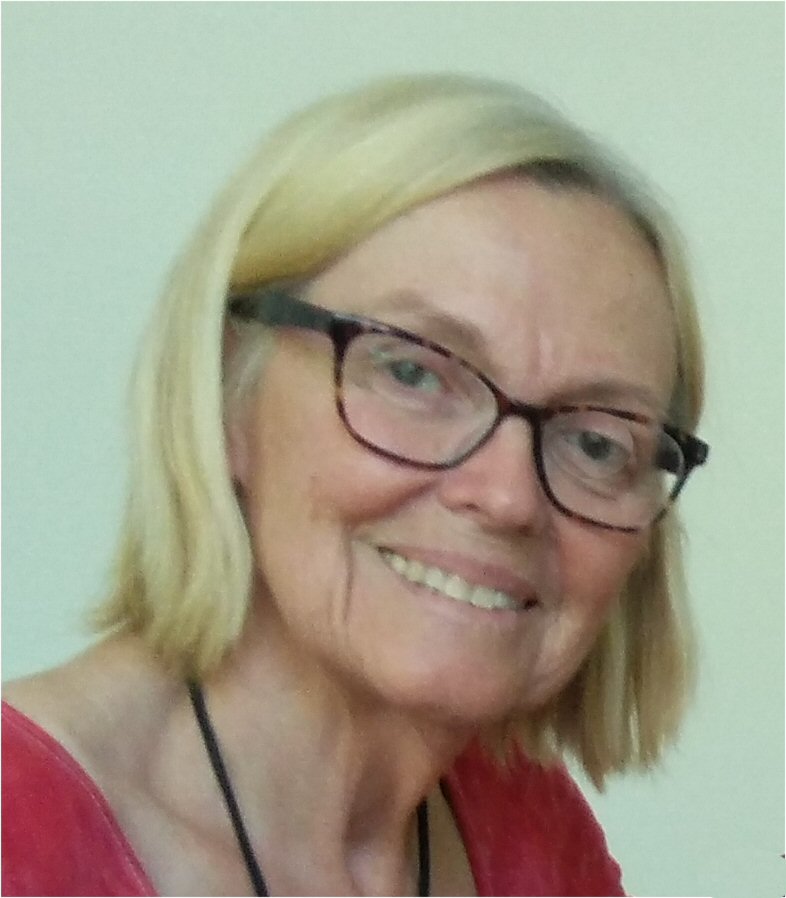
Kate Jones
Kadon Enterprises, Inc. Maryland, USA
http://www.gamepuzzles.com
Sample
poem: Climate
Extinction
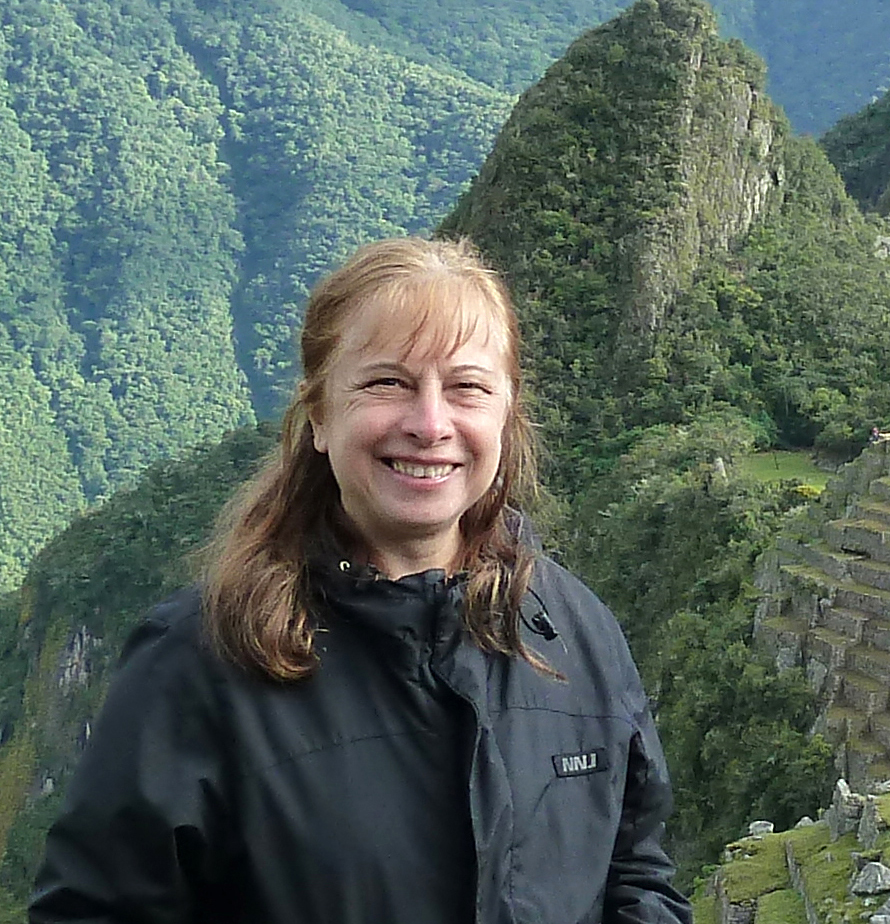
Susana Sulic
Paris, France
http://www.lespressesdureel.com/EN/ouvrage.php?menu=&id=5981
Sample poem:
Stars in a Poem
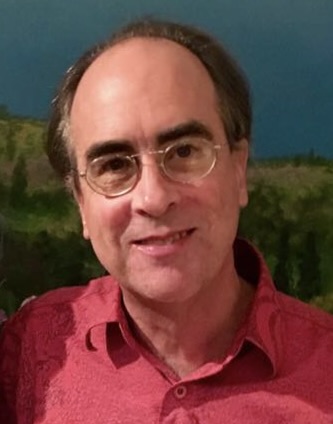
Kevin Farey
San Francisco Waldorf High School, California, USA
https://scholarship.claremont.edu/jhm/vol12/iss2/31/
Sample poem: Iterating Z2+C
at Heart Lake
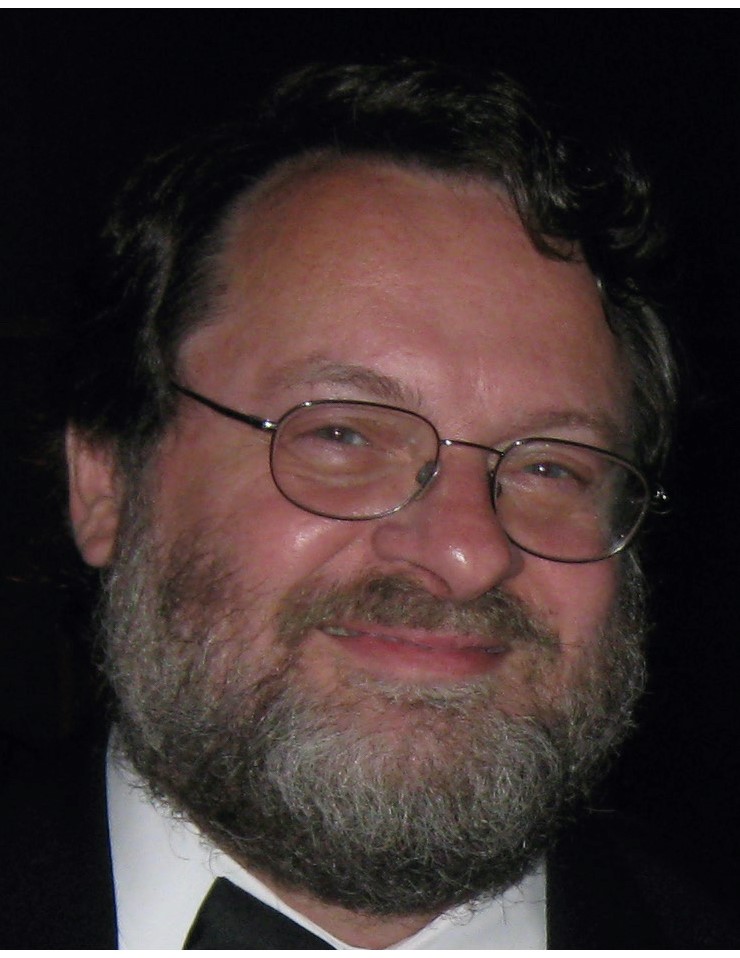
Douglas Norton
Villanova University, Villanova, Pennsylvania, USA
https://www.bridgesmathart.org/norton-lyrics/
Sample
multimedia work: Bridges
Halifax
July 2023
More to come...
